Climate science
-

The extremely high temperatures out west in recent days have had a number of consequences. One you might not have thought of is the impact on air travel. Airplanes have trouble taking off if the air is too hot because the density is reduced, affecting the lift. For more about this and other heat-related impacts…
-
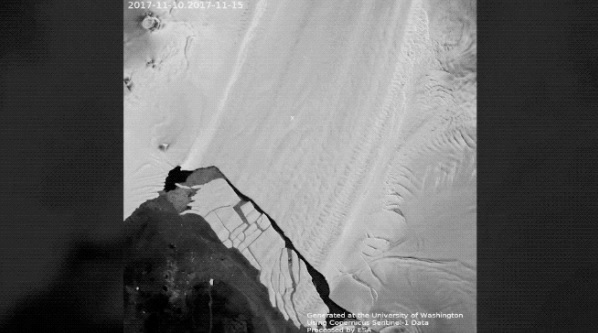
If you follow news articles about changing climate, you have no doubt seen many stories about melting sea ice, glaciers, and the big ice sheets in Greenland and Antarctica. You might wonder why those changes are important to us here in the Southeast. Let me use a couple of recent articles I have seen to…
-

Time magazine had an interesting story on the history of the invention of the thermometer that you might enjoy. It includes information on how the Fahrenheit and Celsius scales were developed and how Galileo invented a precursor of the thermometer called the thermoscope. You can read it here.
-
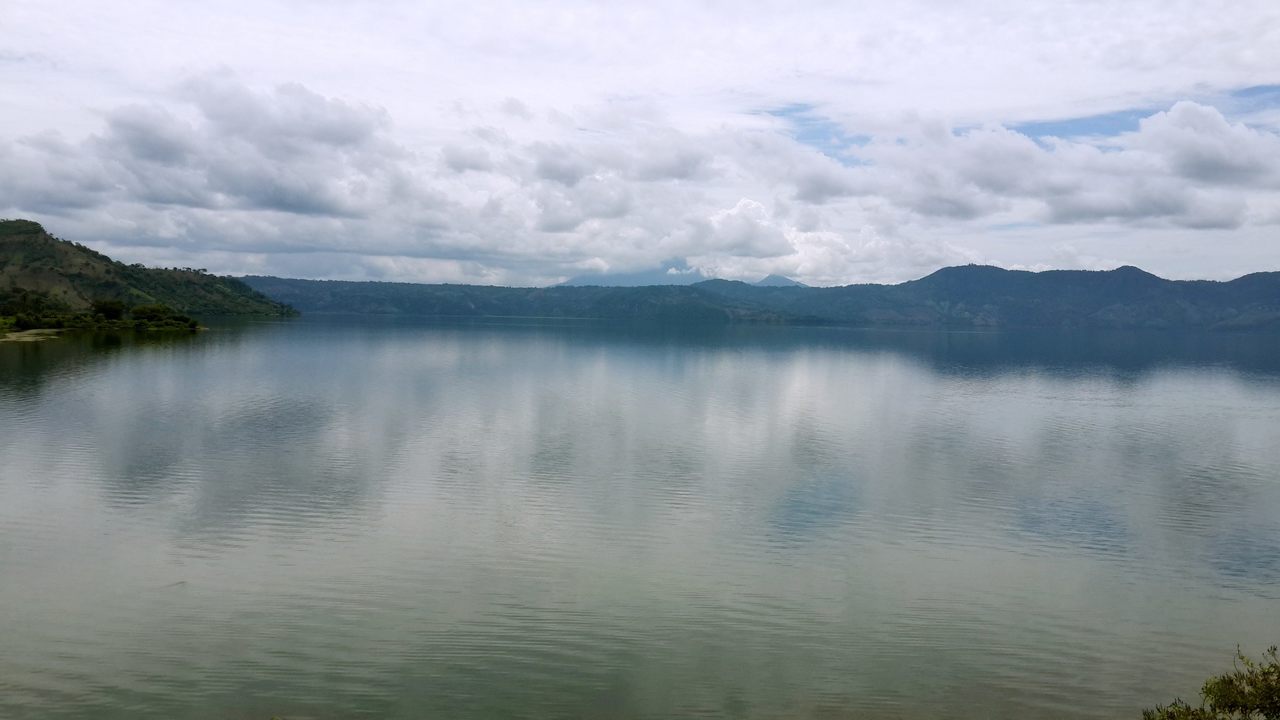
A recent study published in the journal Nature shows that as temperatures rise around the globe, the amount of oxygen that is dissolved in the water is decreasing. The rate of decrease is much larger in freshwater lakes than in the ocean. This is concerning because as oxygen levels decrease, life in the streams and…
-
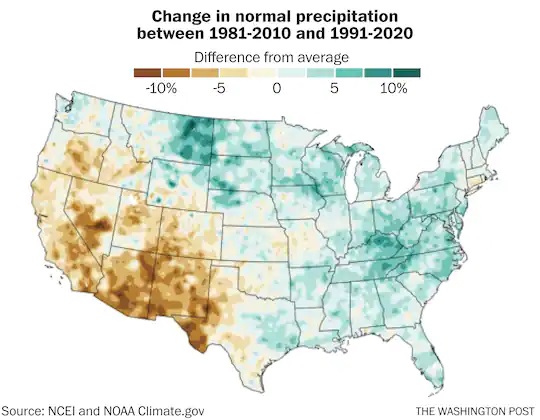
The introduction of the new normals has brought up a lot of questions on how the new values compare to those of previous periods. There have been a number of different comparison maps and tools that have been brought up. Farm Press posted a story today about another tool provided to compare the new normals…
-
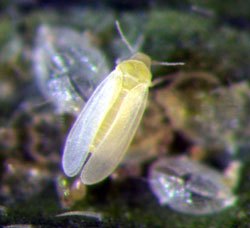
In the Southeast, we are observing changes to the water cycle as temperatures increase. We see both more intense rainfall events and more droughts. California is also seeing this and observing that the changes in climate are also leading to changes in pests and diseases, which the farmers there treat with pesticides and herbicides. But…
-
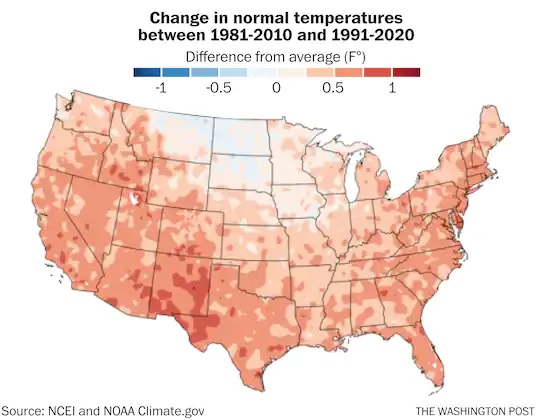
Today, NOAA released their new climate normals for the 1991-2020 period. These 30-year averages replaced the old normals that covered the period from 1981-2010. This is done every ten years to provide a consistent period of time for use in comparing monthly and annual climate information. There have been a number of news stories about…